The collection of this refined 20th-century art historian includes a copy of Jerusalem Delivered by Torquato Tasso, illustrated with engravings by Giovanni Battista Piazzetta
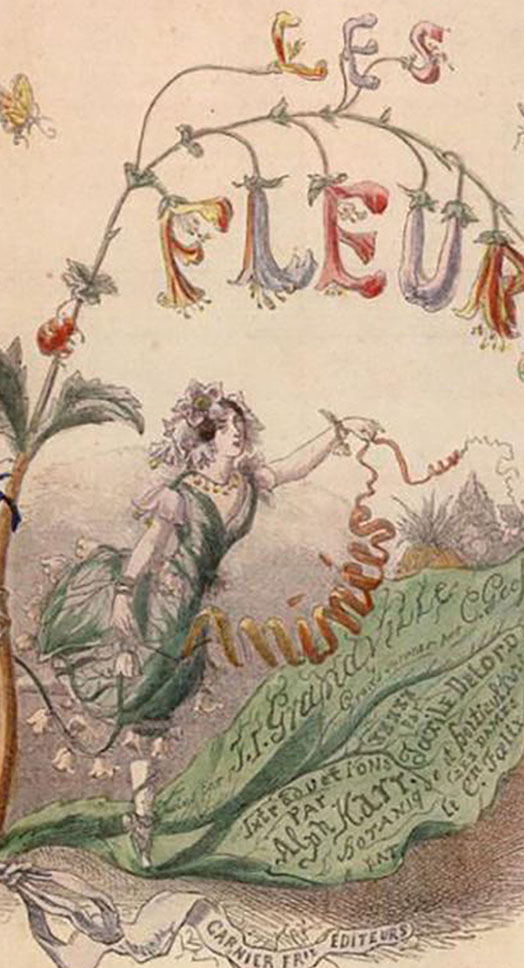
Attilio Rossi (1875-1966) was an art historian and an official of heritage and conservation. Originally from Castel Madama, Rossi worked for the Directorate General of Antiquities and Fine Arts, where he fulfilled important roles such as Director of Copper Engravings and Director of Villa d’Este. He was also the author of art history articles and short monographs on Tivoli and the aforementioned villa. He was also a sophisticated book collector. His private library abounded with valuable, richly illustrated editions, with perfectly conserved copies protected by elegant bindings.
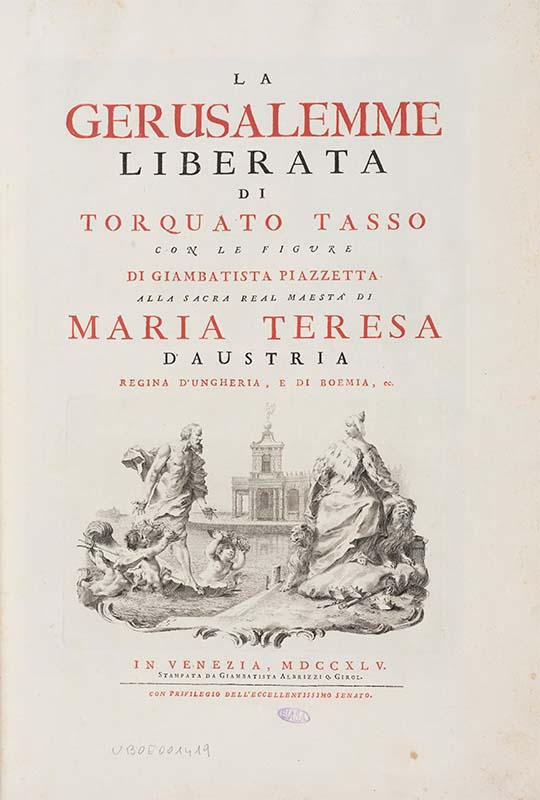
Jerusalem Delivered by Torquato Tasso illustrated by Giovanni Battista Piazzetta, published in 1745
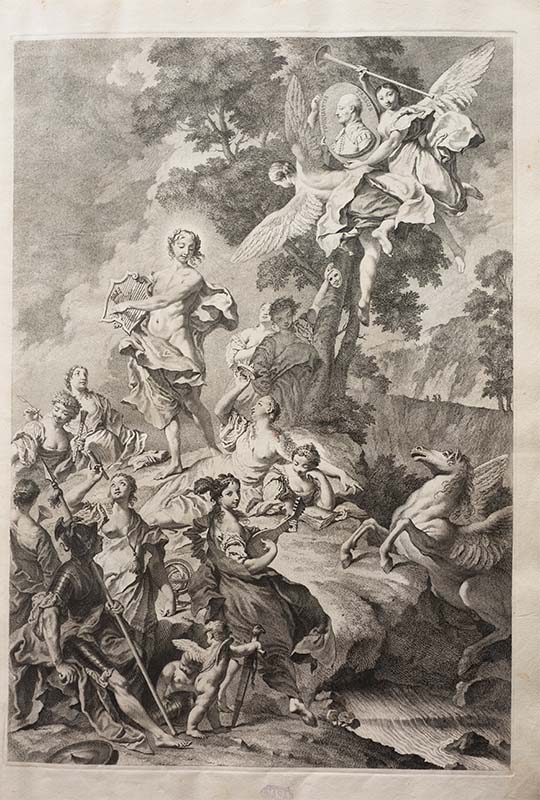
His archive reached BiASA in 1966, left to the Library according to his will. It is made up of 5,236 volumes, mainly monographs and periodicals on art history, archaeology, popular dress and folklore. In addition, the presence of a large section of antique-edition Greek and Latin classics, some German, English and Italian language literature, and, more often, books in French. There is a valuable illustrated 16th-century copy of Ovid’s Metamorphosis, three editions decorated by copper plate prints or woodcuts of Orlando Furioso, and a wonderful copy of Jerusalem Delivered by Torquato Tasso illustrated by Gianbattista Piazzetta.
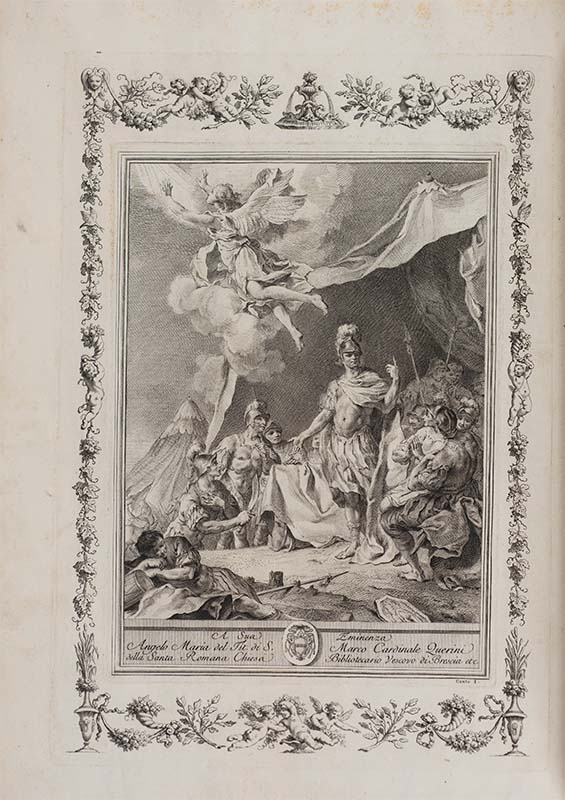
Jerusalem Delivered by Torquato Tasso illustrated by Giovanni Battista Piazzetta, published in 1745
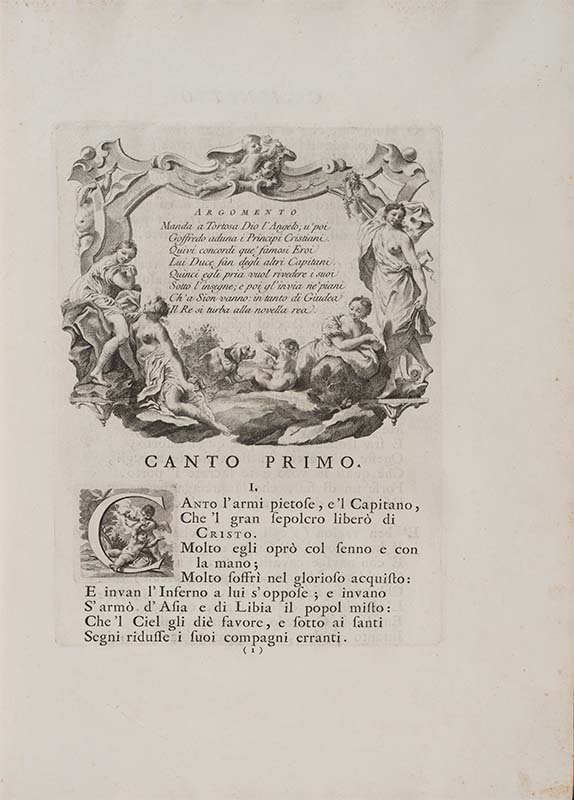
In addition, there is a small section of French language literature made up of 19th-century and early 20th-century illustrated editions, with limited edition runs embellished by book illustration professionals (Grandville, Brunelleschi, Nielsen). They were probably acquired by Rossi during his time in Paris (1930-1938), when he was surely in contact with the cultural milieu of the French capital.
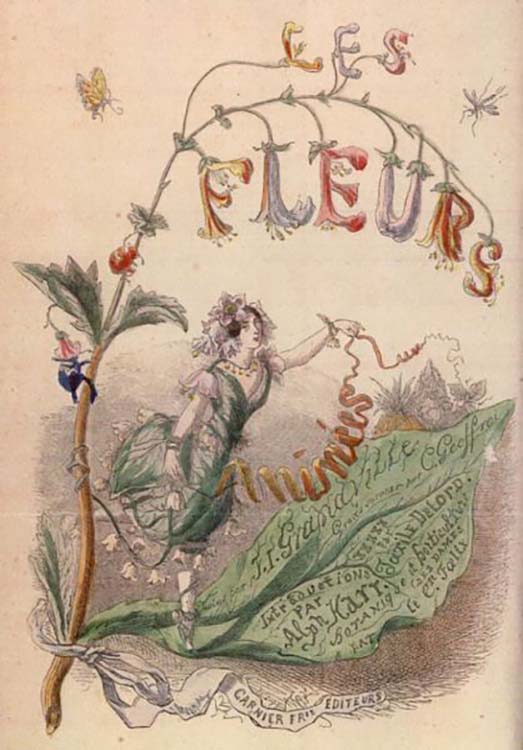
The Flowers Personified by J.J. Grandville, with the introduction by Alph. Karr, published in 1867
The archive is conserved in its entirely in the Sala della Crociera and marked with the ‘Dono Rossi’ call number, followed by a sequential number by format.